#MondayMbongi Returned on April 25, 2022: Education Through the Eras
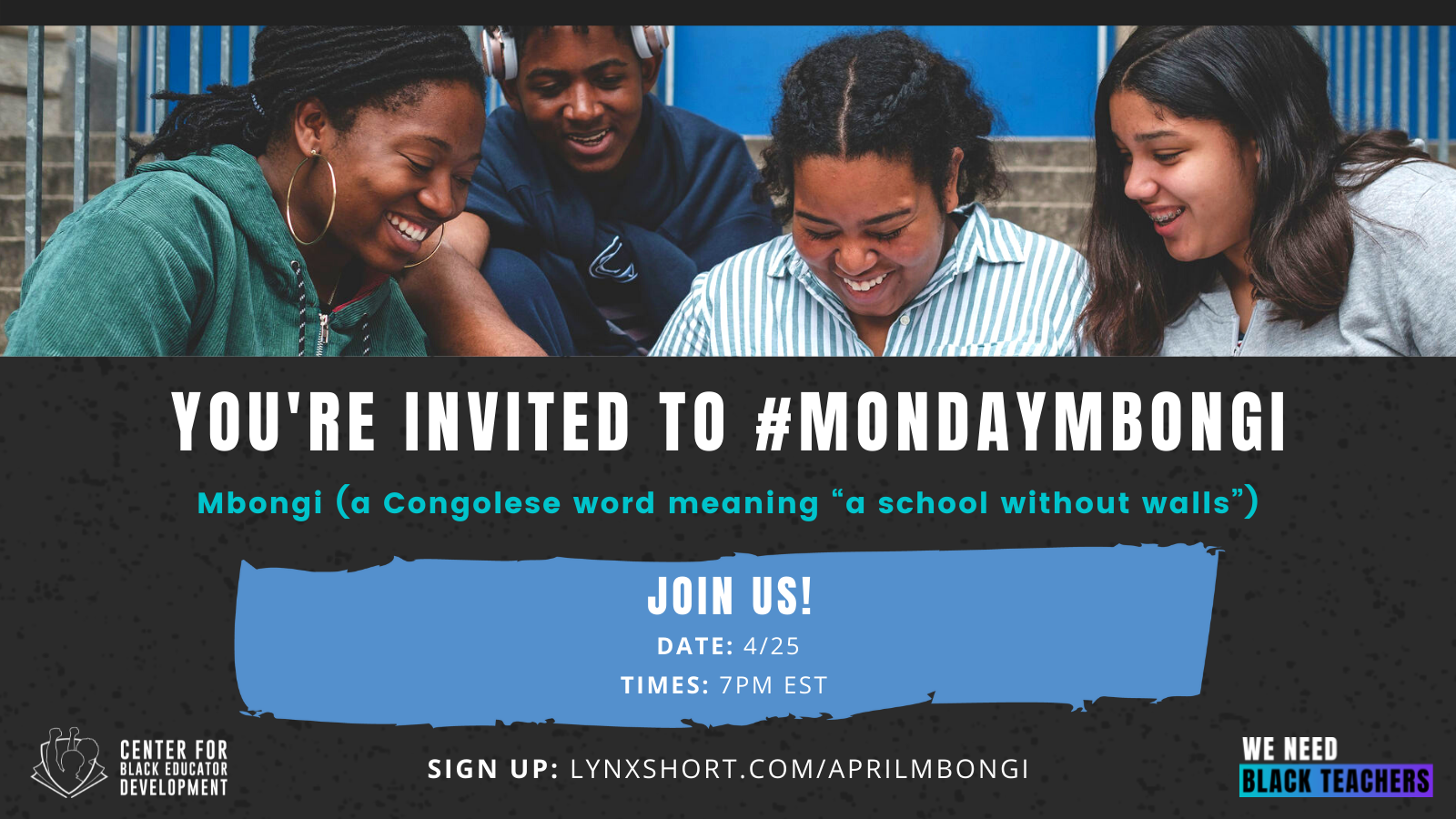
Let’s “pull together” and continue the fight: #WeNeedBlackTeachers! The Center for Black Educator Development invites Black high school and college students to engage in #MondayMbongi with us. Monday Mbongi is an opportunity for young people to engage in open discussion: a literal classroom without walls where learning has no bounds. Join our interactive discussion facilitated by CBED staff Ansharaye Hines and Stephanie Joy Tisdale along with Dr. Greg Carr, Associate Professor of Africana Studies at Howard University and co-host of In Class With Carr.
Theme: Education Through the Eras – The objectives of Black education in the US have evolved according to the needs of the community and the conditions of the society. This Mbongi will be centered around an exploration of the ways that Black communities have sought self-determination, liberation, and collective development through education across different decades.
Focus Question: What does the evolution of Black educational objectives in the US help us understand about the significance of education to Black communities?
Register here to join the interactive and engaging discussion on Monday, April 25, at 7 PM EST!
During the summer of 2020, the Junior Servant Leaders of Freedom School Literacy Academy conducted six-weeks of study and education related activism around the theme “(Re)Vision: A Black Educational Agenda”. Our driving question was grounded in the reality that Black people in the current era are rarely, if ever asked, about the direction of their education and the objectives that they would set to outline its worthwhile achievement. What does it mean to be educated with quality? What are our internally determined, collectively decided, educational objectives? What does it mean to pursue a liberatory education in today’s time?
That summer, we read Education of Black People by W.E.B Du Bois. A collection of speeches and essays written by one of the brightest glowing stars in the constellation of Black intellectual excellence, he outlines his evolving perspective across several decades (including a particularly prescient essay as the concluding chapter called “Whither Now and Why”) regarding the motivating intention and imperatives that should be the bedrock of education for Black people.
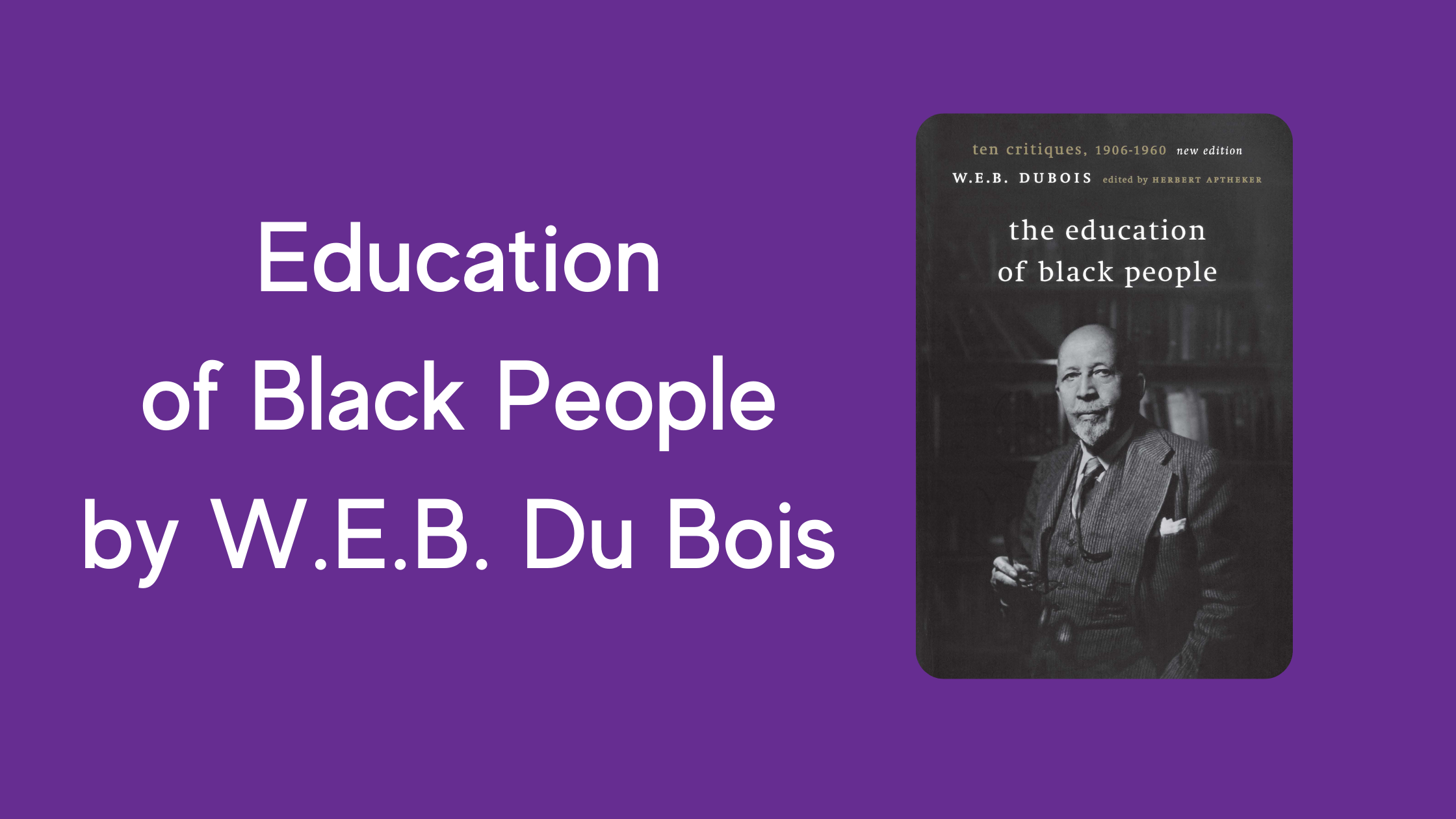
W.E.B. Du Bois lived to be ninety-five years old. Thus he was positioned uniquely, across several key eras of Black life in the United States, to offer a critical understanding of the world around him and its direction. With his pen, he documented the changing circumstances and argued the needs of the community, and through his sociological and organizational work he sought to actualize solutions. The high school Junior Servant Leaders of the present era are descendants of his life, and our collective intellectual work through gatherings like Mbongi and programs like Liberation Academy continue this legacy of critical examination, thoughtful argument, and grounded action. This year, in 2022, we continue to wrestle with this same proposition we began to investigate in 2020: What is the current direction of education for Black people, and how did we come to this place?
One of the fundamental principles of the Junior Servant Leader program is to “be present”. Establish latitudinal and longitudinal context for the position on the map of history and time in which you currently find yourself. More simply, in order to more definitively determine what our current educational direction is, we must effectively determine the direction from which we have come.
Our upcoming Mbongi sessions will be focused on “Education Throughout the Eras”. Globally, people of African descent are the collective inheritors of the oldest educational practices in existence. The first people to walk the world, established the first mechanisms for the transmission of knowledge and the education of each other. When the very first determination was made regarding what others needed to know, or what needed to be written, or who needed to be taught, what objectives were at the center of this process? This is the generative foundation on which we can begin our understanding of what education has been, and can be, designed to accomplish.
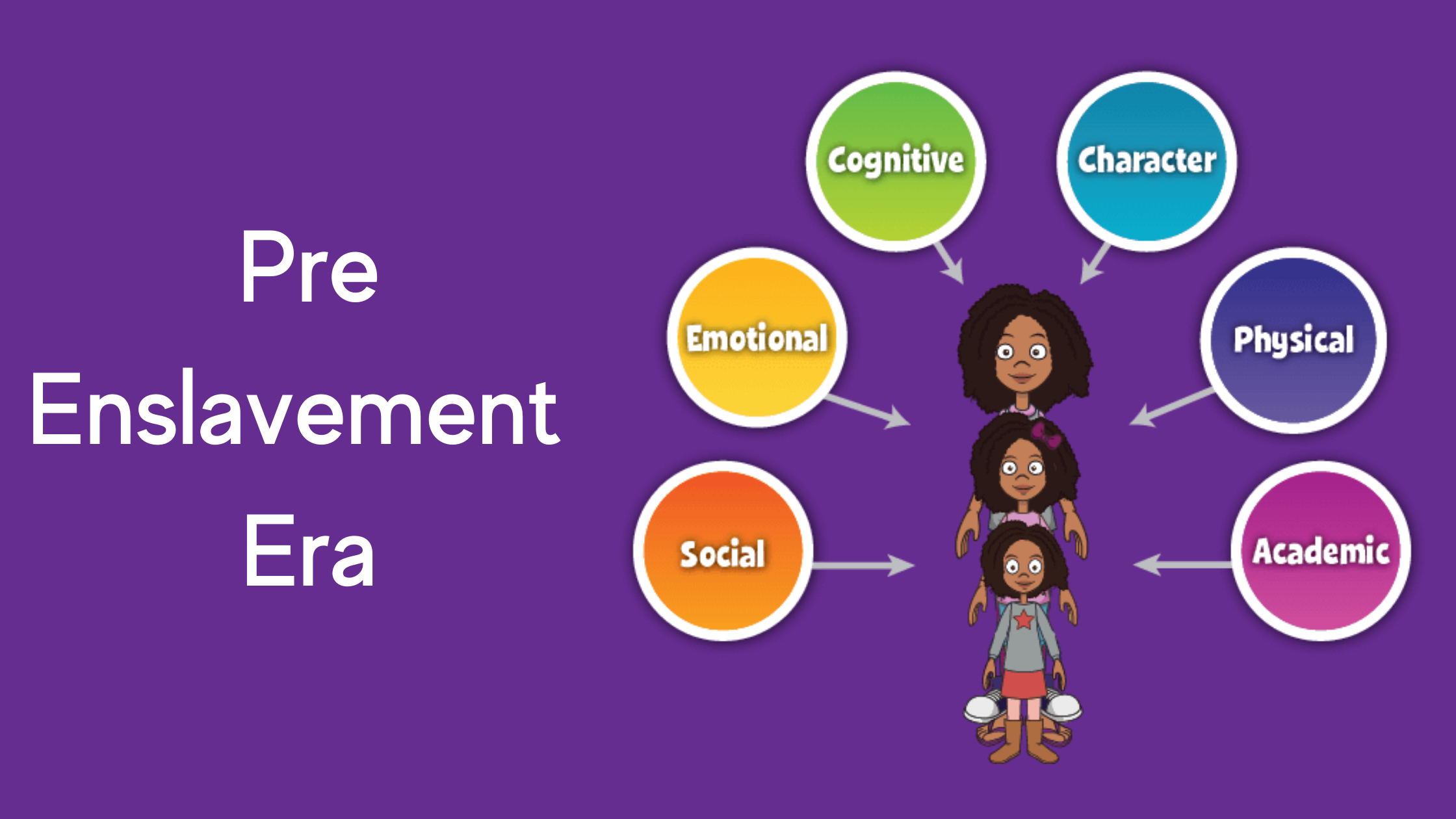
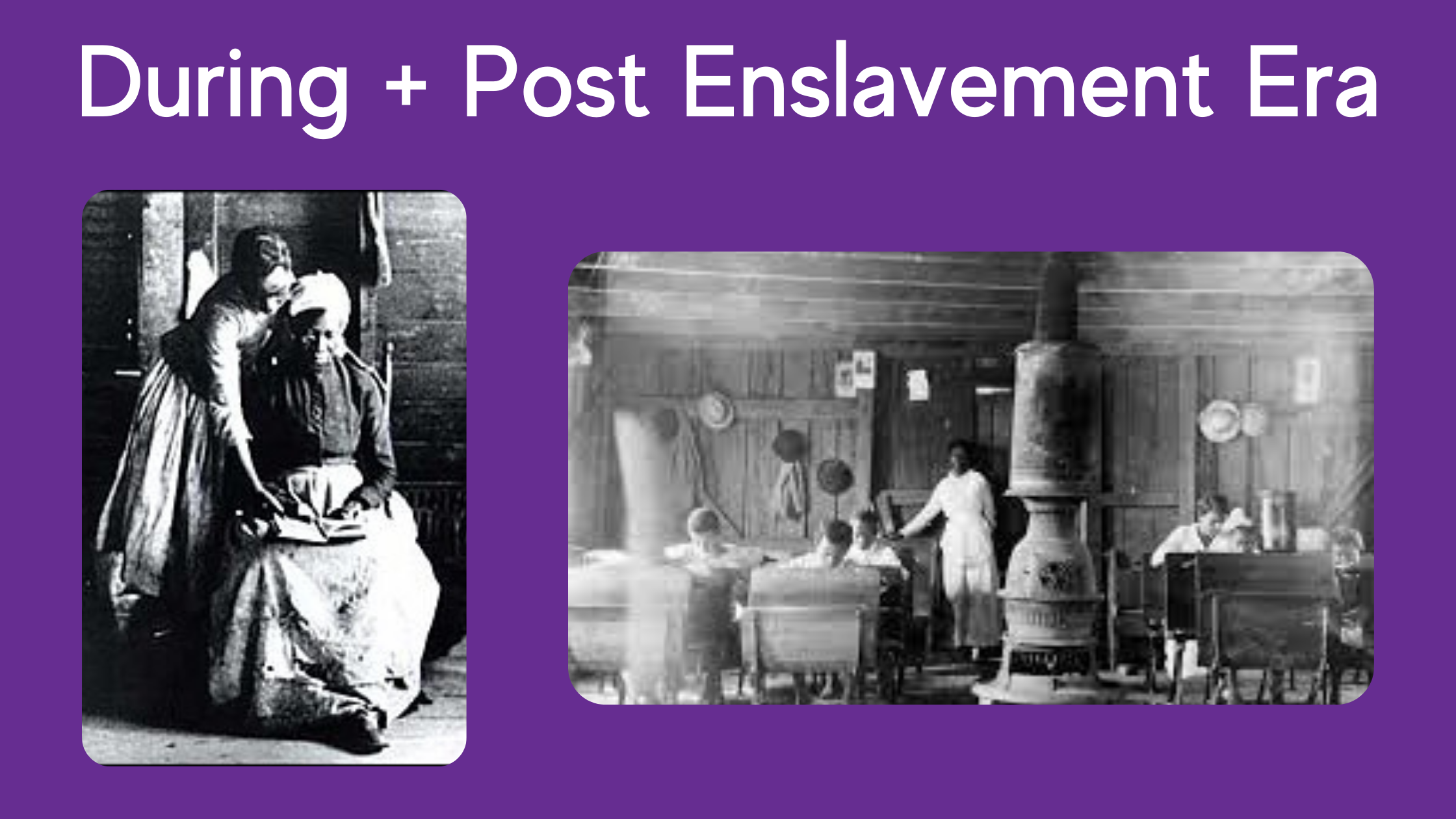
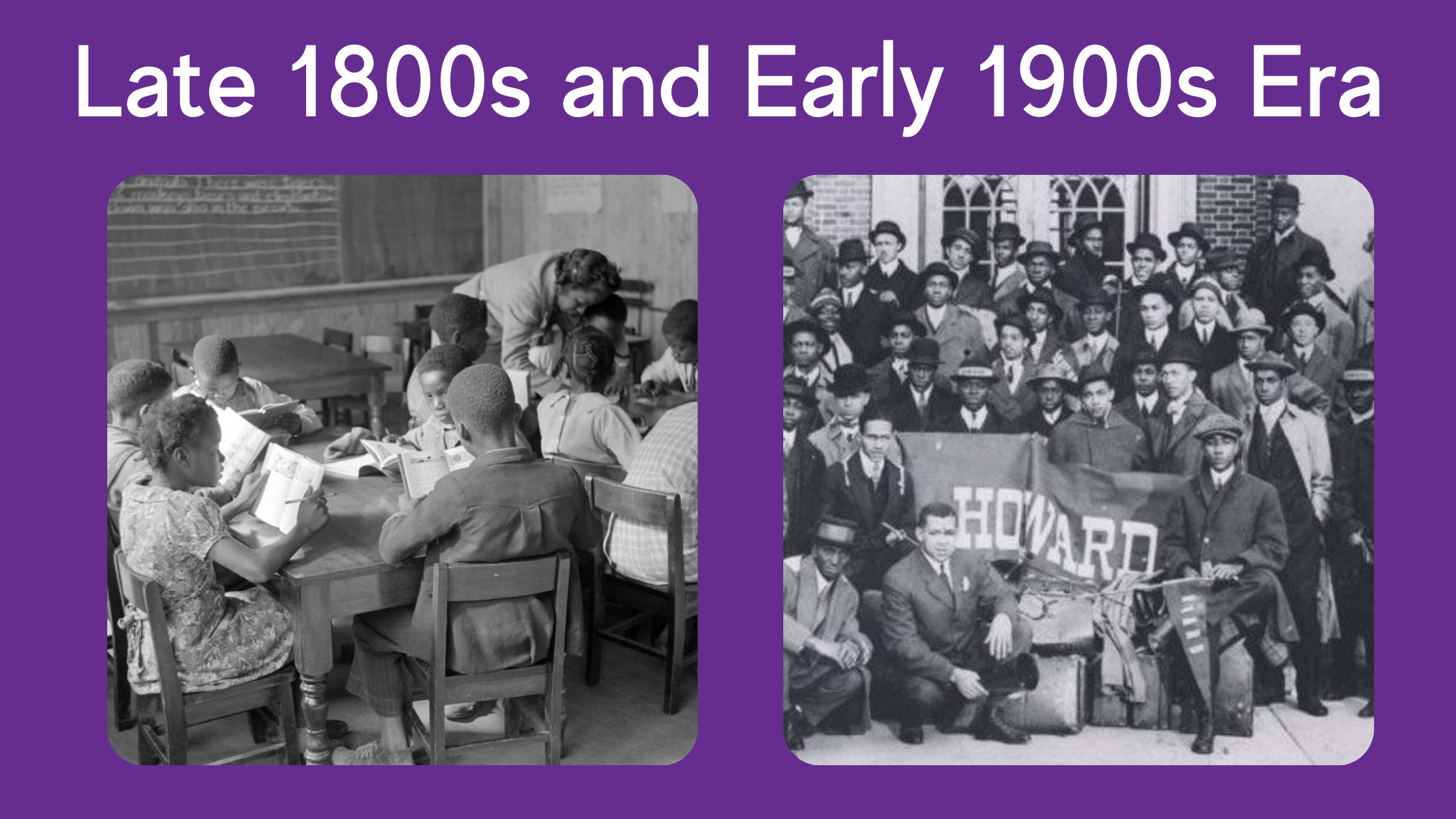
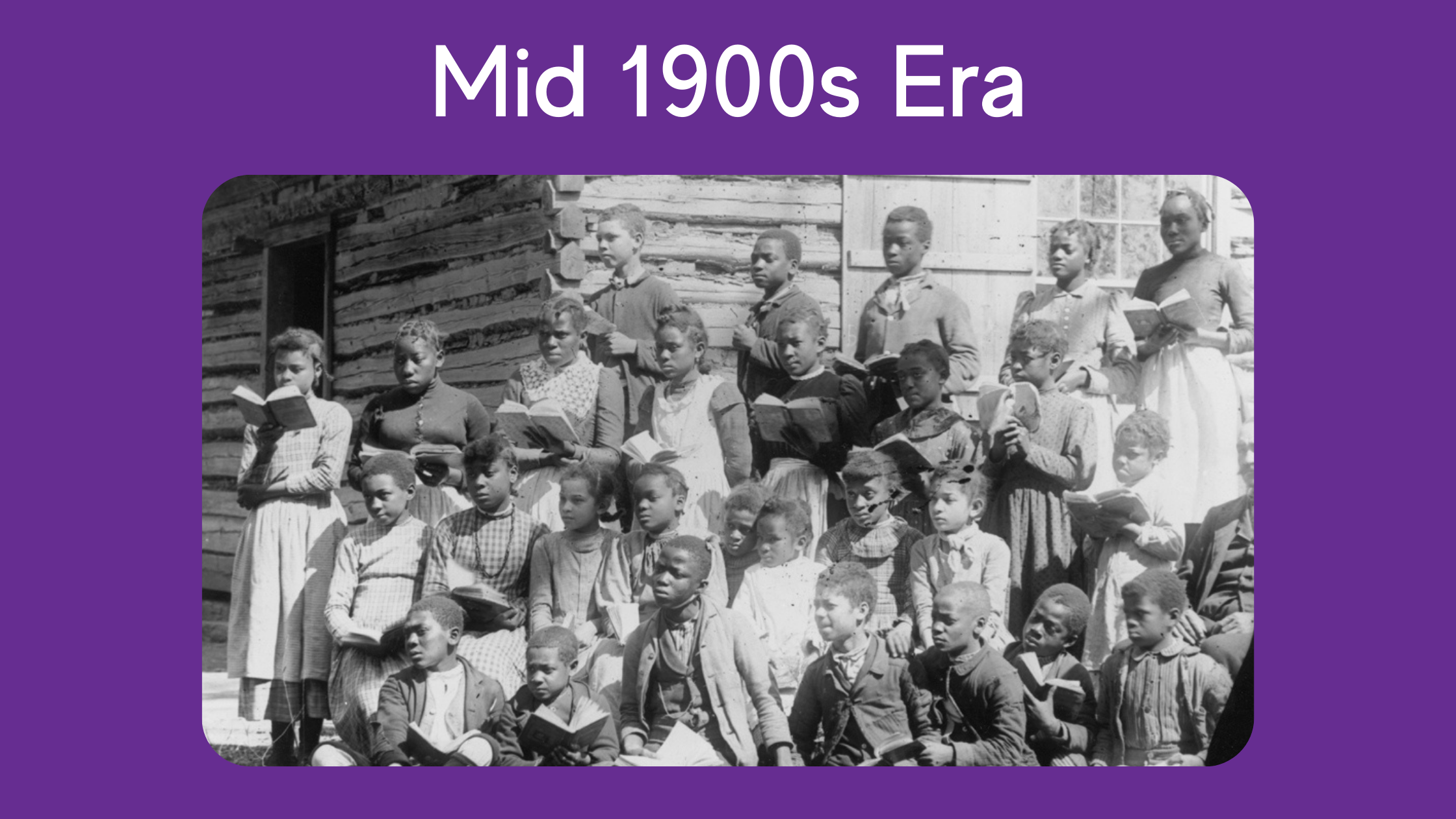
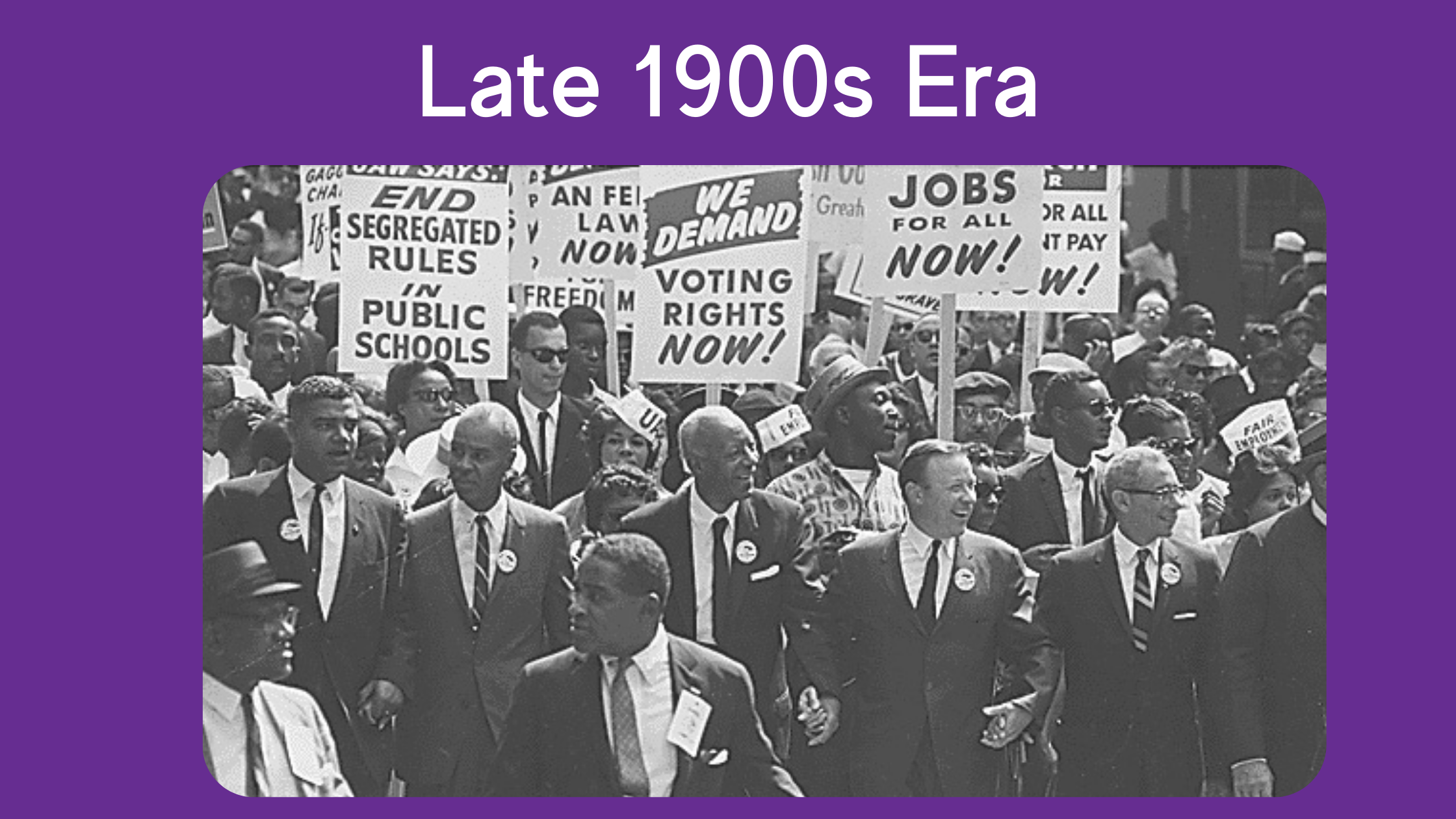
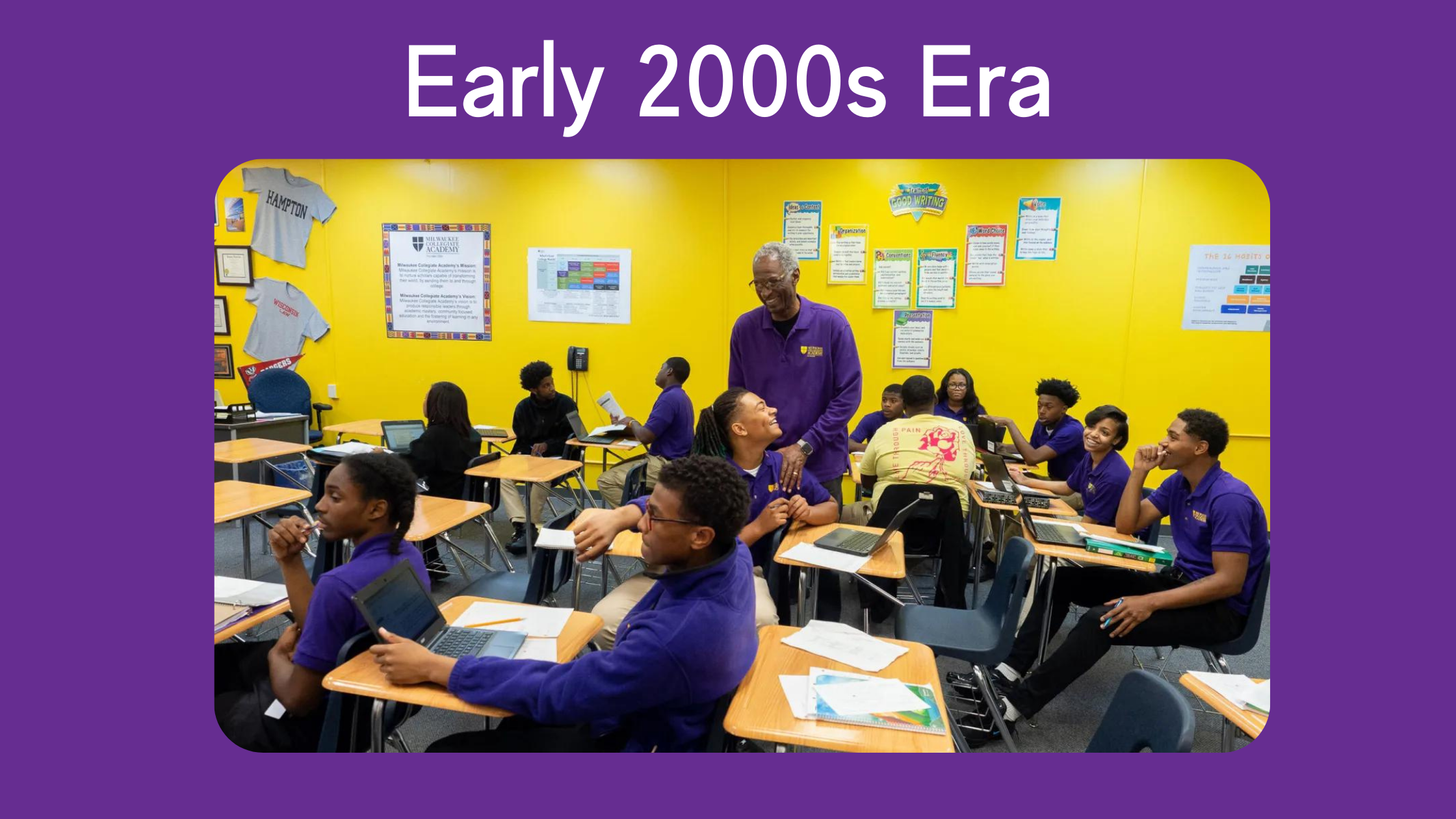
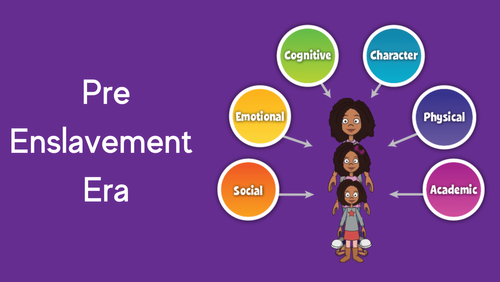
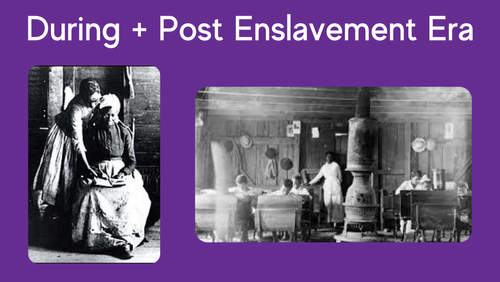
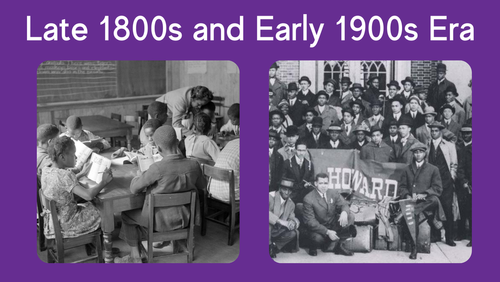
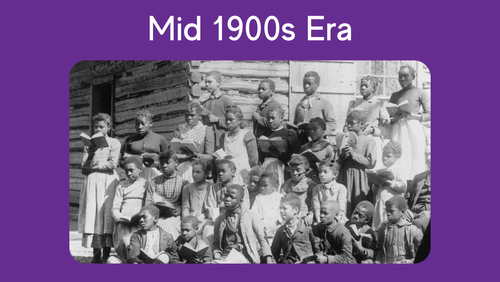
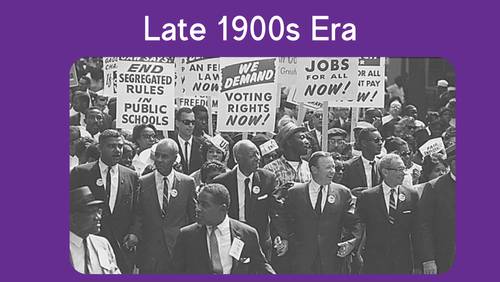
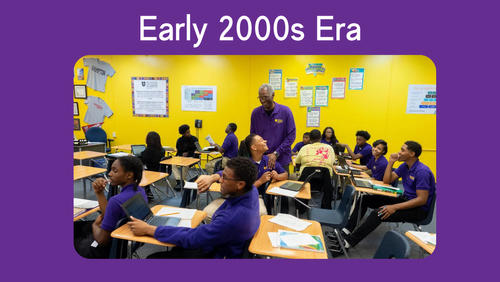
The intentional cultural and intellectual dismemberment which people of African descent encountered during the process of enslavement, also sowed the first seeds of what we now commonly understand as education for liberation. What did the educational process now mean to these ancestors? What was an education, sought out in defiance of rampant dehumanization, designed to accomplish?
Focusing more specifically on the Americas, how has this constantly evolving journey of institution building, collectively self-determining, teacher training, cooperative resource sharing, study group convening, justice seeking, legal challenge making process led to the current moment of educational opportunity and challenge? What did the community desire during the era of reconstruction, the era of the civil rights movement, the era of Black power, and the era of public education divestment that aligns or contrasts when we consider the journey as a whole? What can we learn from what has been done?
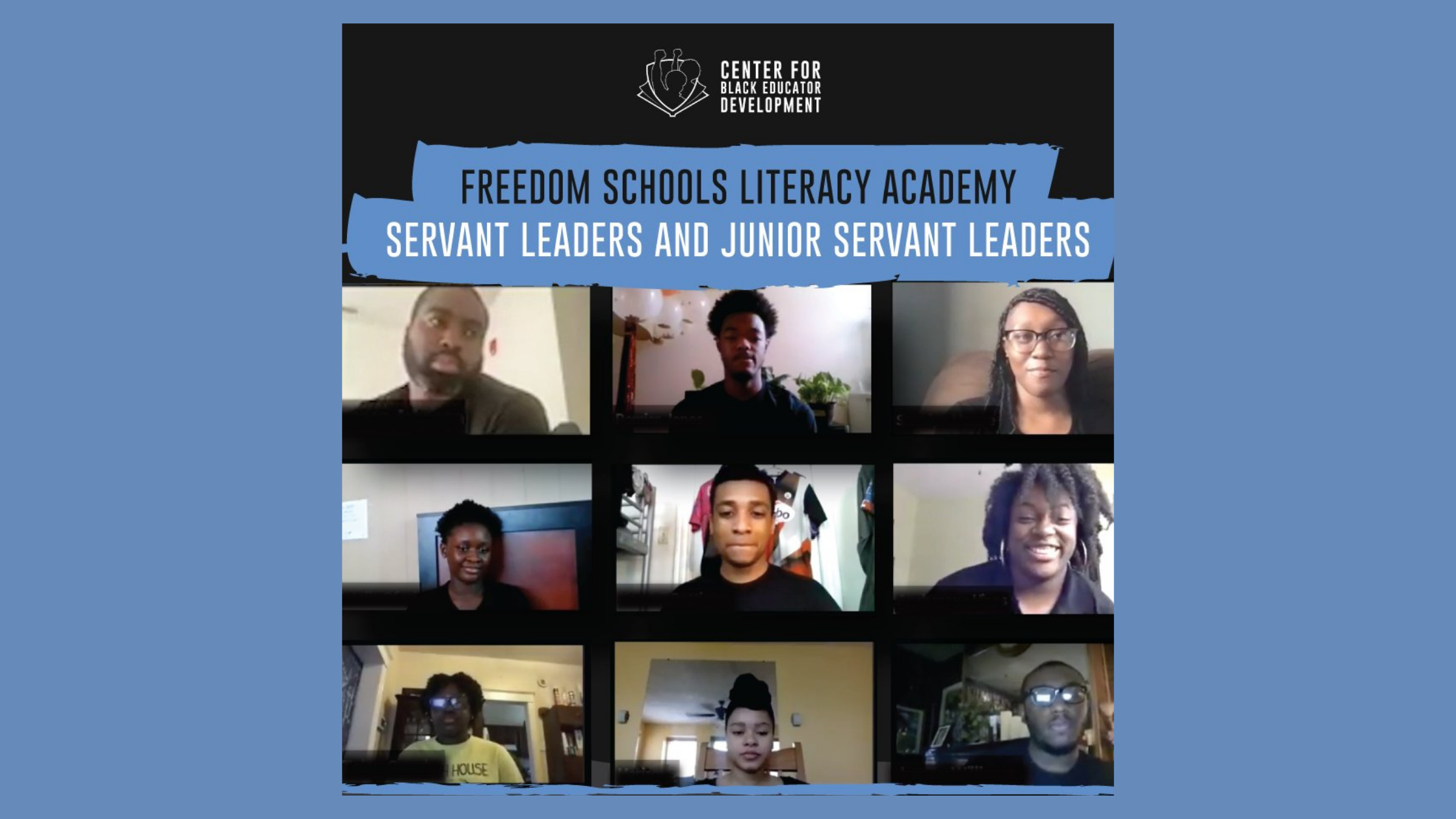
This process of learning and study in connection with education will continue to take intentional time. Junior Servant Leaders will continue to support each other as we engage this work together, and we hope that you will join us in the circle.
Education as a mechanism for liberation, having a direct cause and effect relationship in some cases with the ability for an individual to achieve physical and mental freedom. During reconstruction many educational institutions are formed for communities to resume collective development, mutual aid, and uplift on behalf of each other.
Integration begins to become the widespread focus of Black social movements, and schools move in this direction. There are parallel movements that develop in the 80s and 90s that are focused on the development of independent Black power, and how education can be explicitly used as a tool for community organization and liberation.
Integration gains made by the civil rights movement are undone, and divestment in urban schools creates a substandard education for many urban Black youth in the US. Control over education institutions by Black people is largely lost due to effects of integration, and many Black teachers no longer hold positions in schools. Educational entrepreneurs enter the scene and launch education focused business and schools.
Share the link below with high school and college students!
Registration link here.

